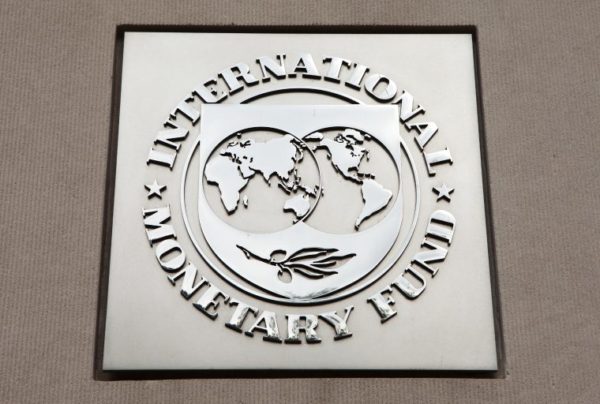The International Monetary Fund (IMF) has advised the Central Bank of Nigeria (CBN) to settle overdue forex backlogs to rebuild confidence in the central bank and the naira.The Fund made the disclosure in its Executive Board Post Financing Assessment with Nigeria report released at the weekend.
It insisted that settling the CBN’s overdue dollar obligations will help rebuild confidence in the central bank and the naira. “Sharing comprehensive information on Nigeria’s reserves position would facilitate a more complete assessment of the external situation,” it said.
The IMF said that if the authorities succeed in developing and implementing a comprehensive reform agenda, the medium-term outlook would be much improved.
The Fund said: “Headline inflation reached 27 percent year-on-year in October (food inflation 32 percent), reflecting fuel subsidy removal, exchange rate depreciation, and poor agricultural production. While the current account registered a surplus in the first half of 2023, the 30-day average of gross international reserves (GIR) reported by the Central Bank of Nigeria (CBN) declined to $33 billion in October, covering 6 months of imports,” it said.
According to the IMF, President Bola Tinubu has moved ahead with important structural reforms: removing fuel subsidies and unifying the various official foreign exchange windows.
It said the new administration has made a strong start, tackling deep-rooted structural issues in challenging circumstances.
“Immediately, it adopted two policy reforms that its predecessors had shied away from: fuel subsidy removal and the unification of the official exchange rates. Since then, the new CBN team has made price stability its core mandate and demonstrated this resolve by dropping its previous role in development finance. On the fiscal side, the authorities are developing an ambitious domestic revenue mobilization agenda,” it said.
It said President Tinubu appointed a Presidential Fiscal Policy and Tax Reforms Committee to make proposals for raising domestic revenue to support investments in infrastructure, health, and education.
“To ease the impact of rapidly rising inflation on living conditions, the government has released cereals from the grain reserve, provided subsidized fertilizer to farmers, capped retail fuel and electricity prices—thus partially reversing the fuel subsidy removal—implemented a civil service wage award, and suspended the Value AT on diesel,” the IMF stated.
The Fund explained that the government’s focus on revenue mobilization and digitalization would improve public service delivery and safeguard fiscal sustainability.
“The envisaged reduction in the overall deficit in 2024 would help contain debt vulnerabilities and eliminate the need for CBN financing. Temporary and targeted support to the most vulnerable in the form of social transfers is needed, given the ongoing cost-of-living crisis. Fuel and electricity subsidies are costly, do not reach those that most need government support and should be phased out completely,” it said.
IMF assesses that Nigeria’s capacity to repay the Fund is adequate under the baseline adding that the authorities’ policy intentions are well placed to address risks of a downside scenario where difficult trade-offs may arise between urgent humanitarian needs and debt service, including to the Fund.
In such circumstances aggressive monetary tightening and fiscal adjustment combined with support from development partners would be needed to restore macroeconomic stability.
Concluding, the Fund said that like many other countries, Nigeria faces a difficult external environment and wide-ranging domestic challenges.
“External financing (market and official) is scarce, and global food prices have surged, reflecting the repercussions of conflict and geo-economic fragmentation. Per-capita growth in Nigeria has stalled, poverty and food insecurity are high, exacerbating the cost-of-living crisis,” it said.
Also, the country faces low reserves and very limited fiscal space constrain the authorities’ option space, but against this backdrop, the authorities’ focus on restoring macroeconomic stability and creating conditions for sustained, high and inclusive growth is appropriate.
“The CBN has set out on a welcome path of monetary tightening. The Governor has committed to making price stability the core objective of monetary policy, and the CBN has taken actions to mop up excess liquidity. Continuing to raise the monetary policy rate until it is positive in real terms would be an important signal of the direction of monetary policy. The authorities are exploring options to strengthen Nigeria’s reserve position, though a careful assessment of unintended consequences is needed in some cases,” the Fund said.



